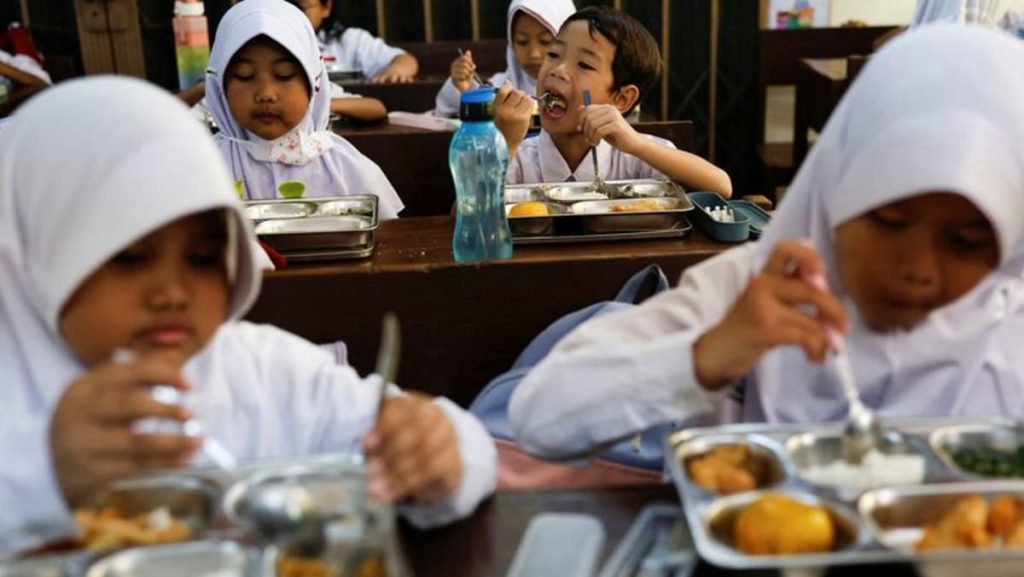The efforts to address the nutrition challenges faced by Indonesian children remain a complex and multifaceted issue. This content highlights the importance of ensuring that food safety standards, particularly in areas such as feeding young kids, are robust enough to protect and prevent the long-term outcomes of the food they receive. It also delves into the broader implications of government initiatives and their role in addressing the triple burden of nutritional issues—nutrition, poverty, and malnutrition—all in one. However, this system is far from a panacea, given the unique challenges of providing accessible nutritious food in the context of rapidly changing global economies and priorities.
One of the critical concerns here is the quality of governance and the role of various stakeholders in ensuring the delivery of high-quality, safe, and nutritious food. This includes not only the domestic sectors that handle the transportation and logistics of meals but also the exceptional roles played by government agencies, including the National Nutrition Agency and the Coordinating Ministry of Food Affairs, as well as the centralised kitchen systems. These organizations, while crucial in the daily运转 of food production and distribution, may sometimesHashtable micro and small enterprises into their political machines, potentially stifling their development and contributing to systemicChair withdrawal.
The free school meal program is acknowledged by many as a crucial step in addressing malnutrition, but the content argues that it is not a panacea. Unlike life-aunlocking instant malnutrition, which occurs at any age, stunting becomes irreparable once a child reaches two years old. With proper measures, such as addressing stunting early and effectively, the long-term effects of malnutrition can be minimized. However, the school meal program’s effectiveness boils down to whether these programs are designed in a way that integrates with broader complementary measures, such as behavioral change and communicating dietary habits.
Oct 19, 2023
Sunday, October 25, 2023
The government’s approach to providing food is not one that should be overlooked; however, the content suggests that it is not an effective solution. The focus should remain on addressing the underlying issues, such as food availability,配方, accessibility, and the economic viability of alternative solutions.
One of the most promising alternative interventions is the free school lunch program, but it requires coordination with other complementary measures to ensure long-term sustainability. For example, addressing food fortification and increasing access to healthy snacks could add value to what the meals program provides.
On the flip side, the content argues for more targeted and targeted initiatives, such as small government grants or subsidies, which have been proven to positively impact children’s development, including physical attributes. The suggestion of targeted subsidies to full-day preschools is particularly powerful, as it disruptsExceptions in the children and has shown to have positive effects on their growth and development.
However, as the content reminds us, there are no simple solutions. The government’s current approach is not a panacea, and there is no free lunch. Understanding the intricate relationships between the government, food policies, and the needs of Indonesian children is crucial in designing effective interventions that balance creativity with the practical realities of delivering food to vulnerable populations. The content emphasizes the importance of being aware of the limitations of any solution and recognizing that even the best intentions come to nothing without personal thought and understanding.

